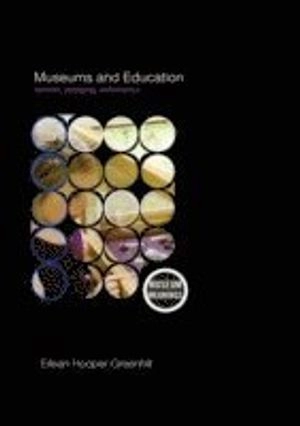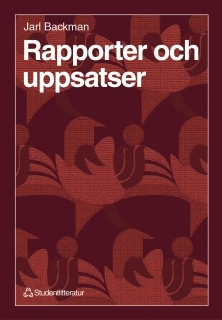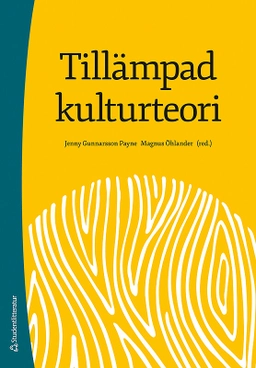

Museums and education : purpose, pedagogy, performance
- Utgiven: 2007
- ISBN: 9780415379366
- Sidor: 252 st
- Förlag: Routledge
- Format: Häftad
- Språk: Engelska
Om boken
Åtkomstkoder och digitalt tilläggsmaterial garanteras inte med begagnade böcker
Mer om Museums and education : purpose, pedagogy, performance (2007)
2007 släpptes boken Museums and education : purpose, pedagogy, performance skriven av Eilean Hooper-Greenhill. Den är skriven på engelska och består av 252 sidor. Förlaget bakom boken är Routledge.
Köp boken Museums and education : purpose, pedagogy, performance på Studentapan och spara uppåt 63% jämfört med lägsta nypris hos bokhandeln.
Referera till Museums and education : purpose, pedagogy, performance
Harvard
Oxford
APA
Vancouver



















